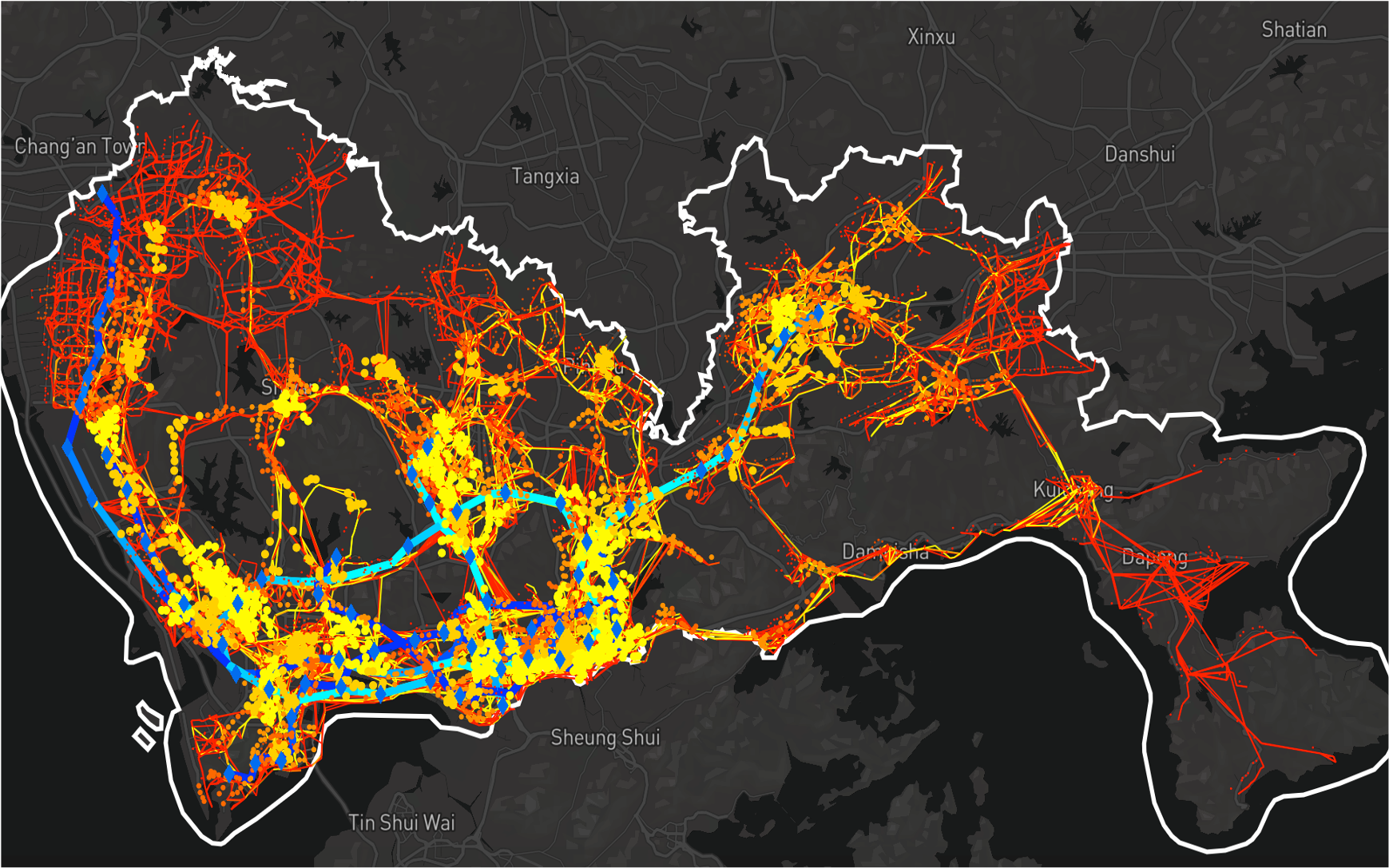Research Overview

Current Topics
Human-centered Mobility Systems: Micromobility, Multimodal Transportation, Logistics, and Beyond

Human-centered mobility systems aim to address the evolving mobility needs of urban populations by prioritizing accessibility, efficiency, and sustainability. This research focuses on designing and optimizing mobility systems, including shared micromobility options (e.g., bikes and scooters), larger-scale multimodal transportation networks, logistics systems, and, more generally, the study of human mobility. By leveraging data-driven methodologies and user-centric principles, the study seeks to enhance mobility while reducing congestion, emissions, and social inequities. It also explores emerging trends and technologies, such as autonomous vehicles and real-time decision support, to develop adaptive solutions tailored to diverse user needs. Ultimately, this research aims to contribute to smarter, more inclusive cities by redefining how people navigate their environments.
Foundation Models for Ubiquitous Computing: Sensing, Modeling, and Decision Making

Foundation models, such as large-language models and language-vision models, represent a transformative approach to sensing, modeling, and decision-making in pervasive environments for ubiquitous computing. These models leverage large-scale pre-trained architectures to process heterogeneous data streams from sensors embedded in everyday objects and environments. By capturing spatial, temporal, and contextual patterns, they enable the development of robust models for tasks such as activity recognition, environmental monitoring, and resource optimization. This research focuses on adapting foundation models to address the unique challenges of ubiquitous computing. By integrating these models with decision-making frameworks, the study aims to create intelligent systems that seamlessly support human activities and enhance efficiency in domains such as smart homes, healthcare, transportation, and urban planning.
Sponsors
I gratefully acknowledge ongoing and past support from National Science Foundation, Lehigh Accelerator Grant, and Pennsylvania Infrastructure Technology Alliance (PITA).



